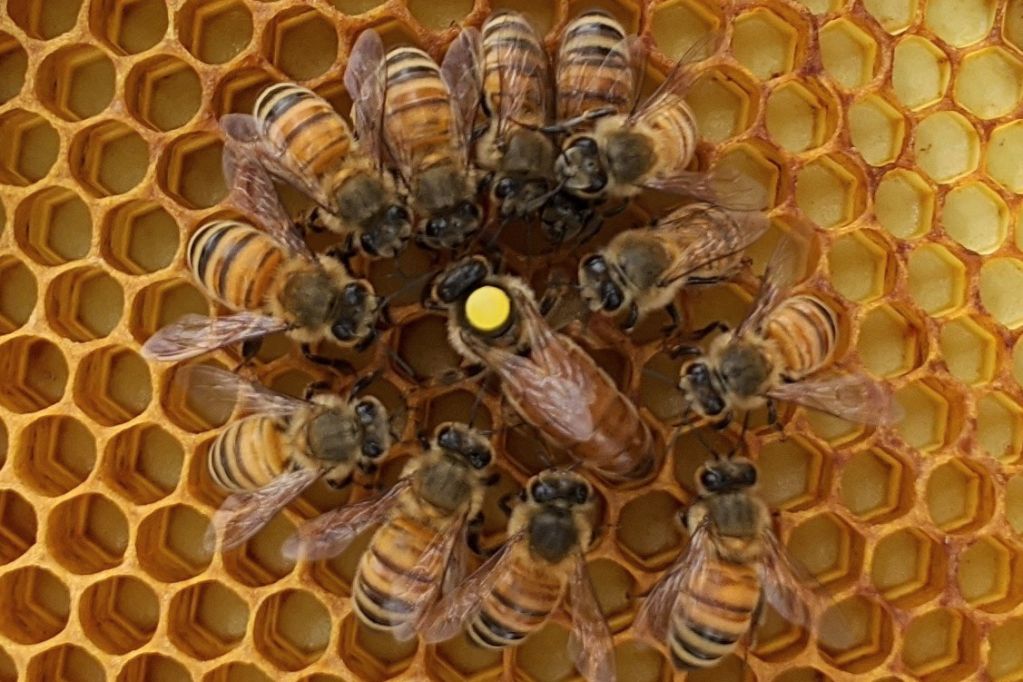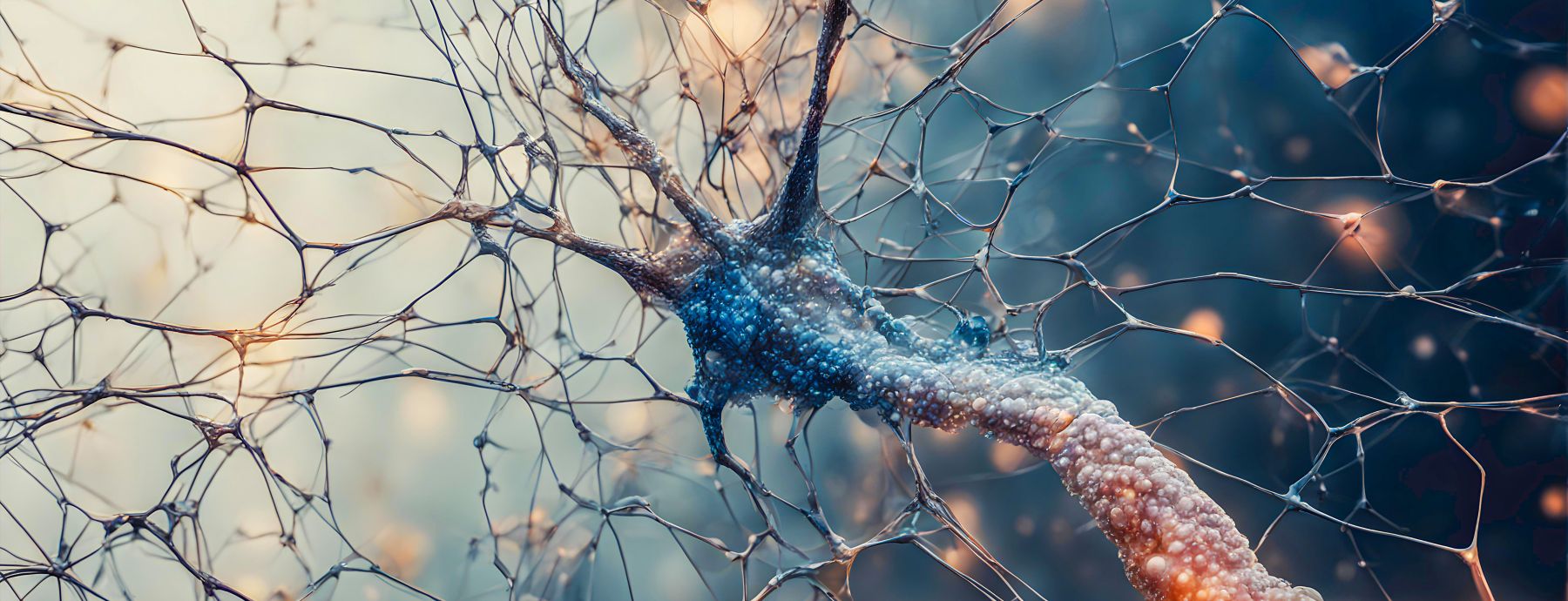Emergent Intelligence in Organisms

One of the most remarkable features of living things is their ability to adapt to and modify the world around them. Organisms integrate internal and external signals into their decision-making to maximize their survival and reproductive success. Moreover, organisms can store and act on their memories of past experiences over many time scales, spanning from seconds to several lifetimes. This form of intelligence is found across diverse organisms. Integration of signals and subsequent changes in physiology and behavior are orchestrated by the brain and central nervous system in animals, and by networked molecular pathways in organisms without brains, such as microbes and plants.
At the Huck Institutes of the Life Sciences, scientists study how intelligence emerges from basic components at multiple levels of organization (spanning genes, cells, neural networks) in diverse species, including microbes, insects, plants, animals, and humans. We seek to understand the fundamental processes that shape cognition and behavior to develop new strategies to promote well-being and brain health, and apply what we learn from living systems to guide the design of biomimetic computer systems and artificial intelligence.
